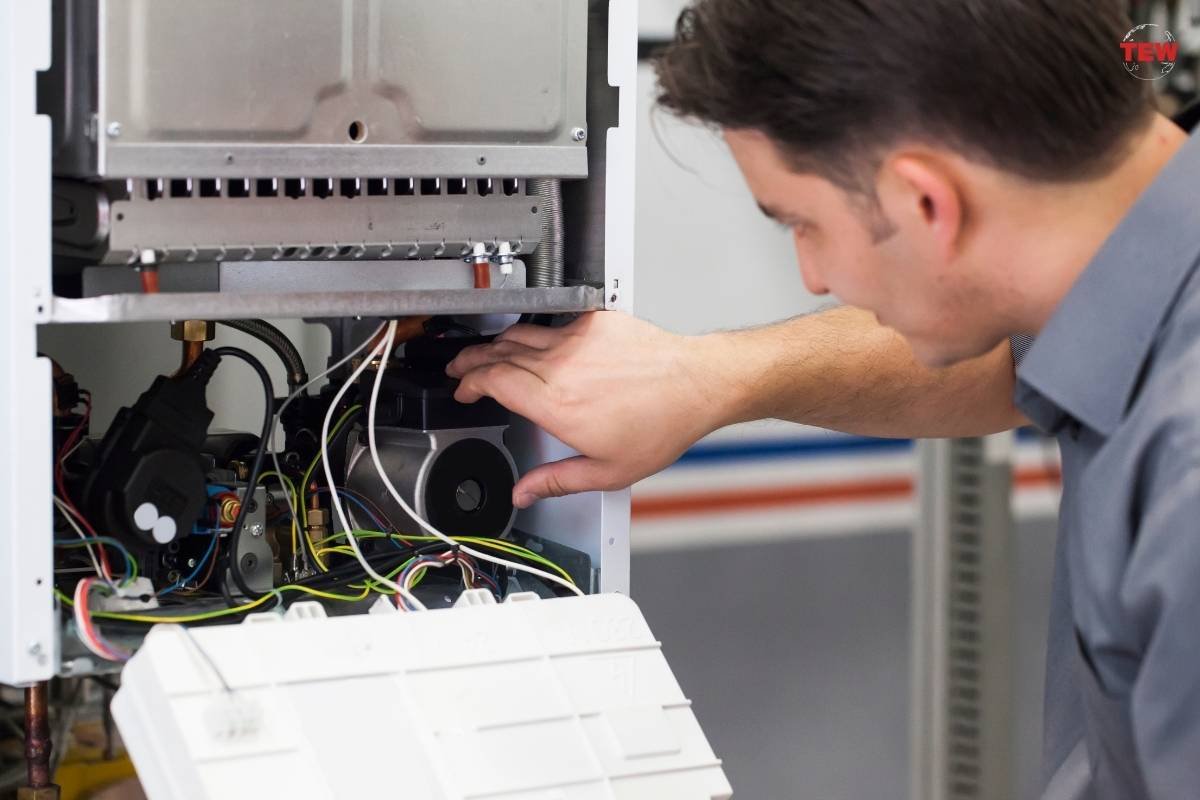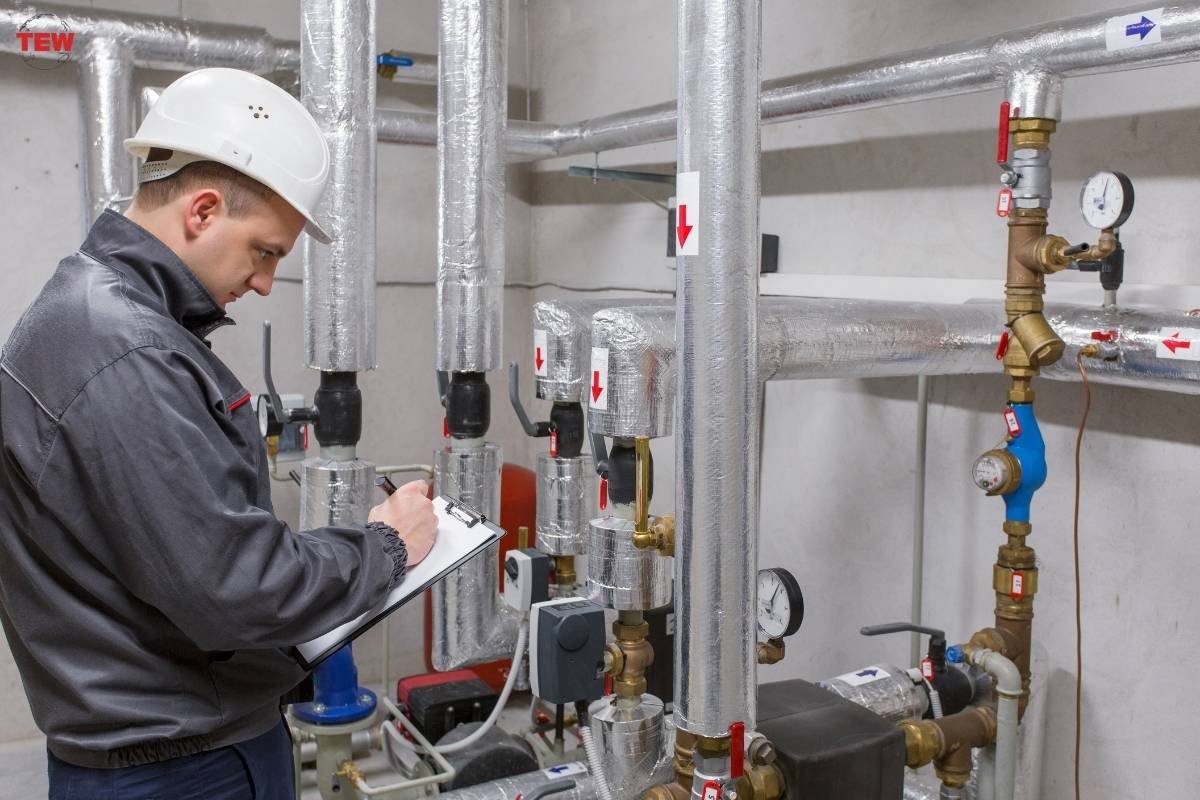(Source-Trusted-gas-engineers-for-plumbing-welding-and-commercial-pipework-in-Bromsgrove)
Commercial boilers are essential for any commercial organization with high energy requirements. They serve as a reliable and energy-efficient source of heat that continues to work tirelessly regardless of the time of the year. Made to be high-performance and versatile, these boilers are a great way to save money on operational costs. However, like everything else in a facility, commercial boilers need care and maintenance, too.
Boilers are constantly engaged in keeping your property warm and, as such, are under great stress. If you are not paying attention to this side of the story, your boiler might be underperforming (while drawing the same units of fuel for functioning) and could be showing signs of wear and tear way before it should. Even a top-notch product like the Lochinvar boiler needs care and attention to deliver peak performance.
This could add to operational costs and become a safety hazard. To avoid this, here are practical ways to keep your commercial boiler in top-notch condition:
1. Regularly clean the Boiler and its surroundings

A commercial boiler can have residuals like hard water, soot, scale, mineral deposits, and other contaminants that can build up on the boiler’s internal chambers and tubes. These can form a coat, reducing the efficiency of heat transfer significantly.
Additionally, this layer of impurities also creates vulnerability to boiler failure. Commonly dissolved solids like magnesium, potassium, and sodium end up forming scales that start acting like insulators, eventually lowering the efficiency of the boiler through heat retardation. This puts more stress on the pipes and the heating system, consuming more fuel to heat the same amount of water.
Regular cleaning ensures the boiler chamber and tubes are free from any scaling or contaminants. Getting your boiler cleaned professionally once a year will add more years to its life and significantly increase efficiency.
2. Frequently check the quality of water

The water in the boiler is a clear indicator of the boiler’s health and performance. When the water in the boiler is clear and has no debris or residuals, the system is working properly. On the other hand, the presence of wet steam from short cycling is a clear indication of low water quality in the boiler.
Frequent checking of valves and gauges can ensure that the water quality is at its best. Common signs to look for include water being gritty, a foul smell (if it smells like rotten eggs, seek professional assistance at the earliest), the water taking longer than usual to heat, being able to see sediments with your naked eye, and presence of a yellow pilot light (a major safety concern).
Therefore, it is essential to constantly check your boiler’s water quality. A water treatment system can pair well with your boiler system as it will constantly clean the water off debris and sediments, ensuring only clean water gets into the boiler.
3. Insulate well
Lack of adequate insulation in boilers can lead to injuries, excessive loss of heat, additional operational costs, and extended use of boilers to obtain the same quality of heating. Insulation adds to enhanced fuel efficiency as it acts as a thermal blanket for improved trapping of heat within the boiler system.
Constant exposure to temperature fluctuations can severely risk the system, shortening the life span of the boiler. In such cases, insulation acts as a buffer and guards against temperature fluctuations, protecting the boiler from irregular thermal expansions and contractions.
4. Schedule regular inspections and maintenance

Getting the boiler professionally inspected ensures that no wear and tear goes unnoticed. While weekly and monthly inspections can be taken up in-house by experienced experts, consider investing in annual inspections from trained professionals.
They are trained to identify any potential issues that can turn into safety concerns in the long run. When conducting in-house inspections, check the pipes and valves for leaks and insulation tearing, track boiler performance on the basis of fuel consumption, temperature ranges, and water pressure, and regularly set parameters for optimal performance of the boiler.
Concluding thoughts
While commercial boilers are made to be rigid and withstand rugged use, proper maintenance and care ensure they are able to work efficiently without adding to operational costs. These steps can be carried out weekly, monthly, and annually, giving owners of commercial properties to take necessary measures to safeguard their workplace and ensure higher boiler efficiency. Maintaining the boiler will also save costs by optimizing the fuel consumption rate throughout the year.




